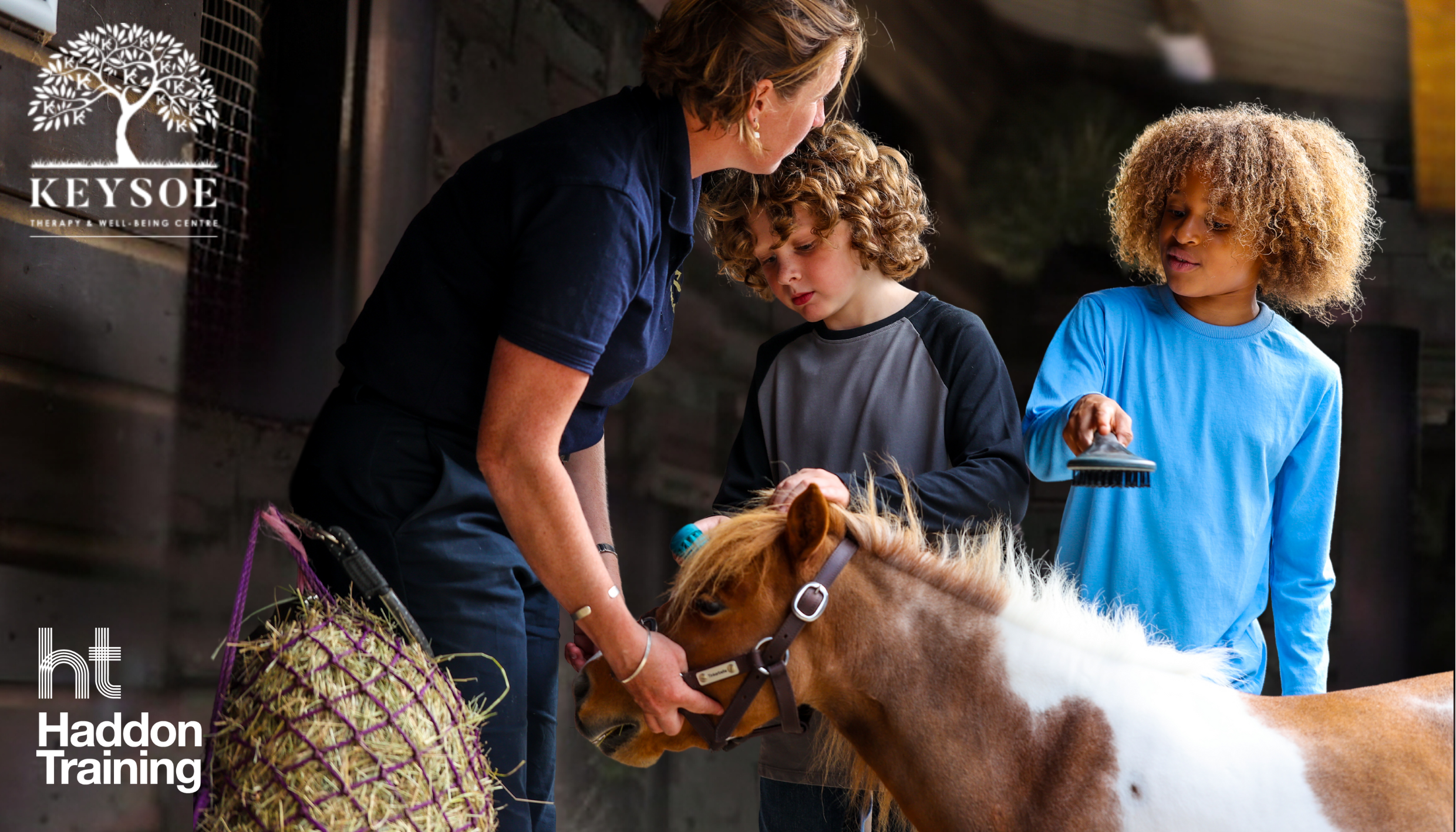The Animal Care and Welfare pathway will give you the skills and knowledge you need to work in an animal-based environment. It’ll enable you to provide the animals in your care with the very highest standards of welfare.
Although the course will be based largely on your own placement, the skills that you learn and develop will be transferrable to other locations.
This pathway focuses on the importance of accurately assessing animal behaviour and welfare before, during and after interactions/handling activities.
This pathway will focus on the requirements and preparation needed to move or transport an animal, as well as the legal requirements.
This pathway will focus on rehabilitation policies and procedures including the need to record the specific location, date and time of collection of wildlife. The differences between treating and interacting with domestic and wildlife species, as well as, the principles of releasing rehabilitated animals
This pathway will focus on animal products and sundry items safe storage, display and stock rotation process, as well as, providing you with the skills and knowledge to provide advice, support and guidance on a range of topics such as animal welfare to customers.
This pathway will focus on the needs of an animal and factors to be assessed in relation to an animal’s readiness for rehoming.
- Pathways
The Animal Care and Welfare pathway will give you the skills and knowledge you need to work in an animal-based environment. It’ll enable you to provide the animals in your care with the very highest standards of welfare.
Although the course will be based largely on your own placement, the skills that you learn and develop will be transferrable to other locations.
- Interaction & Handling
This pathway focuses on the importance of accurately assessing animal behaviour and welfare before, during and after interactions/handling activities.
- Movement & Transport
This pathway will focus on the requirements and preparation needed to move or transport an animal, as well as the legal requirements.
- Wildlife & Rehabilitation
This pathway will focus on rehabilitation policies and procedures including the need to record the specific location, date and time of collection of wildlife. The differences between treating and interacting with domestic and wildlife species, as well as, the principles of releasing rehabilitated animals
- Reception Duties
This pathway will focus on animal products and sundry items safe storage, display and stock rotation process, as well as, providing you with the skills and knowledge to provide advice, support and guidance on a range of topics such as animal welfare to customers.
- Rehoming
This pathway will focus on the needs of an animal and factors to be assessed in relation to an animal’s readiness for rehoming.
Discover what kind of Apprenticeships Haddon Animal Care can offer you
find out more
News

Turning a Dream into a Career: Meet Level 2 Animal Care Apprentice Jade
We caught up with Level 2 Animal Care Apprentice, Jade, on her apprenticeship experience and her hopes for the future! MORE

Apprenticeship Ambassador Emilia: Blog 12
Emilia updates us on her recent experiences, including competitions, events, and the exciting addition of a new qualification to her journey MORE

Win a £50 Amazon Voucher: Terms & Conditions
To celebrate our new partnership with Keysoe Therapy & Well-Being Centre we are giving away a £50 Amazon voucher to one lucky winner! MORE

Introducing our new partnership with Keysoe Therapy & Well-Being Centre!
Providing qualifications that are designed to support children and young people who have found learning in a classroom to be challenging. MORE